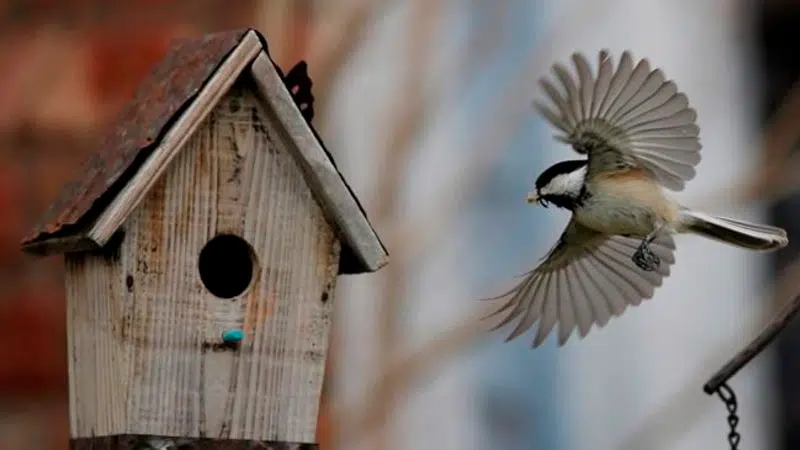
Research suggests bird personalities vary widely and are tough to change
EDMONTON — Research from the University of Alberta is fledging out the idea that birds may travel in flocks but have personalities of their own.
“In some ways, it’s analogous to the human term ‘personality,'” said behavioural ecologist Kimberley Mathot. “Individuals show predictable differences in behaviour.”
Mathot has been looking into individual bird behaviour for years. In her most recent paper, published in American Naturalist, she looks at whether those different behaviours are simply reactions to different circumstances or something more deeply rooted.


